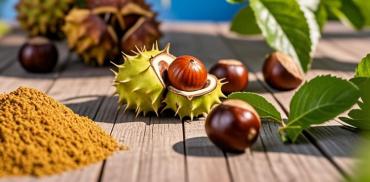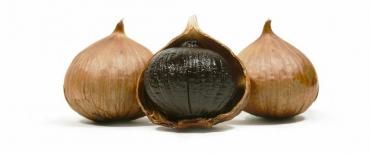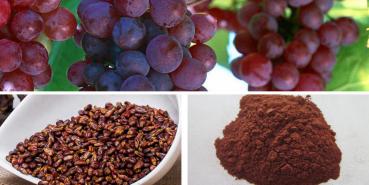Natto,
originated in ancient China, has been produced since the Qin and Han dynasties
(221 BC -220 AD). It is made from soybeans fermented by natto bacteria
(Bacillus subtilis) to produce soy products, which are sticky, have a foul
odor, and a slightly sweet taste. It not only retains the nutritional value of
soybeans, is rich in vitamin K2, and improves the digestion and absorption rate
of proteins, but more importantly, the fermentation process produces various
physiologically active substances, which have health benefits such as
dissolving fibrin in the body and regulating other physiological functions.
Natto
contains all the nutrients of soybeans and special nutrients added after
fermentation, including saponins, isoflavones, unsaturated fatty acids,
phospholipids, folic acid, dietary fiber, calcium, iron, potassium, vitamins,
and various amino acids and minerals. Natto contains enzymes that can eliminate
some cholesterol and break down acidic lipids in the body after consumption,
restoring normal abnormal blood pressure
NK
is a serine protease that can significantly dissolve thrombi both in vivo and
in vitro, significantly shorten the dissolution time of immunoglobulin (ELT),
and stimulate venous endothelial cells to produce plasminogen activator (t-PA),
thereby more effectively exerting thrombolytic effects.
Nattokinase
has the following advantages:
a.
Natto bacteria have been certified by the FDA as safe bacteria for the food
industry;
b.
Nattokinase has a small molecular weight and is more easily absorbed by the
human body;
c.
It can be absorbed by the digestive tract, making it the first oral
thrombolytic drug;
d.
Directly acting on fibrin and acting rapidly;















